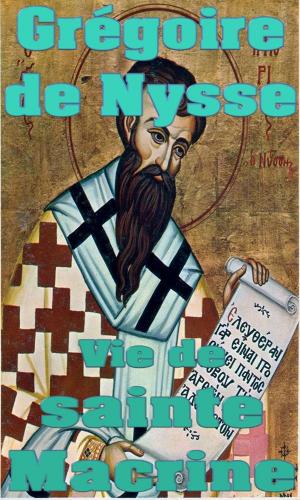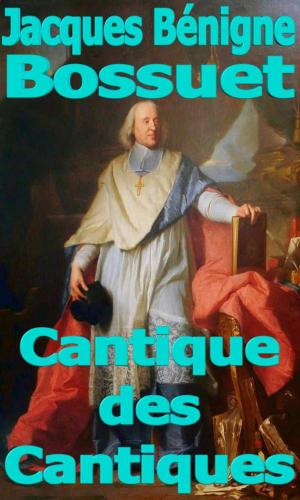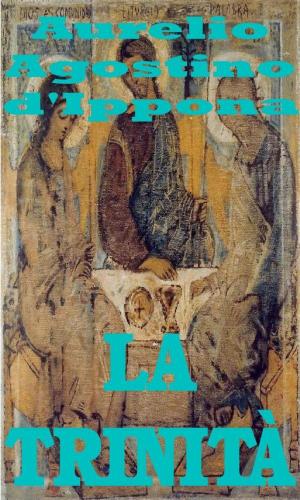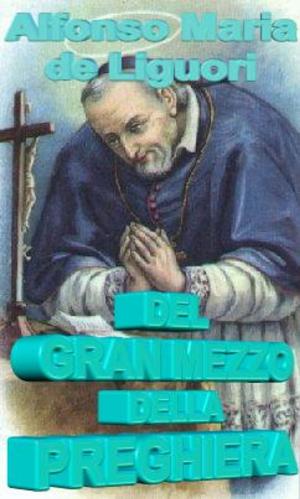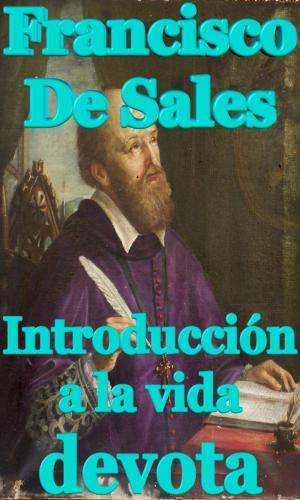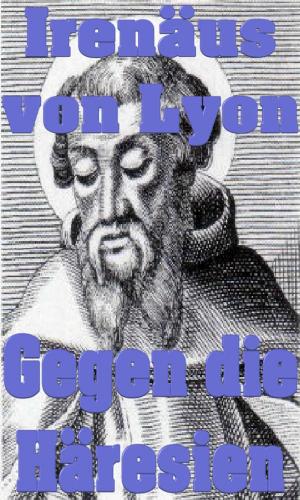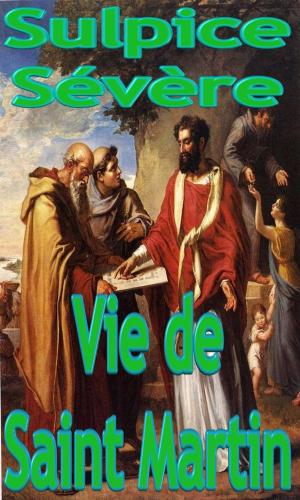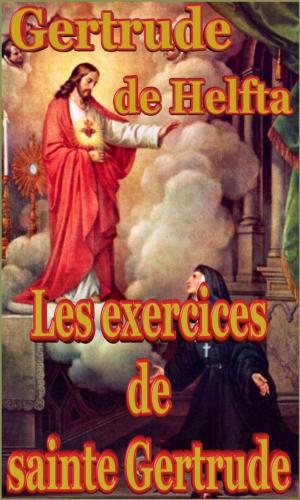The version of God
Nonfiction, Religion & Spirituality, Christianity, Christian Literature, Education, Christian Life| Author: | Nicholas of Kues | ISBN: | 9781783360116 |
| Publisher: | limovia.net | Publication: | December 6, 2012 |
| Imprint: | Language: | English |
| Author: | Nicholas of Kues |
| ISBN: | 9781783360116 |
| Publisher: | limovia.net |
| Publication: | December 6, 2012 |
| Imprint: | |
| Language: | English |
the author is Nicholas of Kues (1401 – August 11, 1464), also referred to as Nicolaus Cusanus and Nicholas of Cusa, was a German philosopher, theologian, jurist, mathematician, and astronomer. One of the first German proponents of Renaissance humanism, he made spiritual and political contributions in European history. A notable example of which is his mystical or spiritual writings on 'learned ignorance', as well as his participation in power struggles between Rome and the German states of the Holy Roman Empire.
Papal legate to Germany from 1446, he was appointed cardinal for his merits by Pope Nicholas V in 1448 and Prince–Bishop of Brixen two years later. In 1459 he became vicar general in the Papal States.
Nicholas of Cusa was noted for his deeply mystical writings about Christianity, particularly on the possibility of knowing God with the divine human mind — not possible through mere human means — via "learned ignorance". Cusanus wrote of the enfolding of creation in God and their unfolding in creation. He was suspected by some of holding pantheistic beliefs, but his writings were never accused of being heretical. Nicholas also wrote in De coniecturis about using conjectures or surmises to rise to better understanding of the truth. The individual might rise above mere reason to the vision of the intellect, but the same person might fall back from such vision.
the author is Nicholas of Kues (1401 – August 11, 1464), also referred to as Nicolaus Cusanus and Nicholas of Cusa, was a German philosopher, theologian, jurist, mathematician, and astronomer. One of the first German proponents of Renaissance humanism, he made spiritual and political contributions in European history. A notable example of which is his mystical or spiritual writings on 'learned ignorance', as well as his participation in power struggles between Rome and the German states of the Holy Roman Empire.
Papal legate to Germany from 1446, he was appointed cardinal for his merits by Pope Nicholas V in 1448 and Prince–Bishop of Brixen two years later. In 1459 he became vicar general in the Papal States.
Nicholas of Cusa was noted for his deeply mystical writings about Christianity, particularly on the possibility of knowing God with the divine human mind — not possible through mere human means — via "learned ignorance". Cusanus wrote of the enfolding of creation in God and their unfolding in creation. He was suspected by some of holding pantheistic beliefs, but his writings were never accused of being heretical. Nicholas also wrote in De coniecturis about using conjectures or surmises to rise to better understanding of the truth. The individual might rise above mere reason to the vision of the intellect, but the same person might fall back from such vision.

